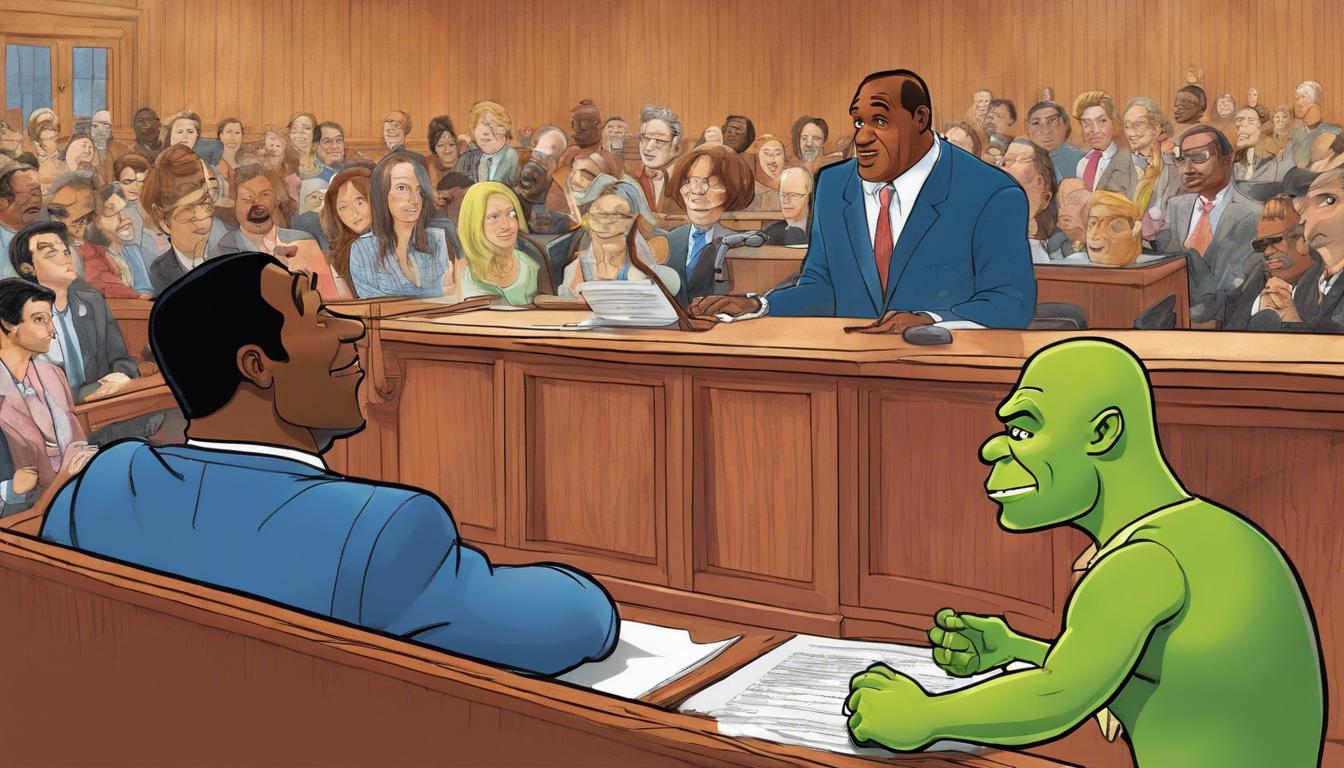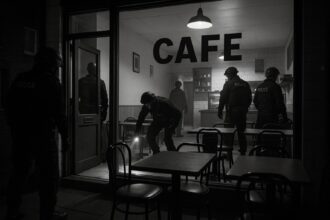The life and trials of O.J. Simpson continue to stir significant public and media discourse, reflecting on racial issues and media influence long after his high-profile court case and following his recent passing at age 76.
O.J. Simpson, the former American football star, was acquitted in 1995 for the murders of his ex-wife Nicole Brown Simpson and her friend Ronald Goldman, after a trial that gripped America and highlighted racial tensions. The decision, reached after only four hours of deliberation, elicited mixed reactions across the nation, with significant racial divides in responses. Despite his acquittal, Simpson faced ongoing legal challenges, including a civil case that found him liable for the deaths.
The trial’s impact was profound, shedding light on racial disparities and perceived injustices within the American justice system. It also gained widespread media attention, contributing to its deep cultural resonance.
In a lighter cultural reference, a scene from “Shrek 2” humorously parodied Simpson’s 1994 attempt to flee in a white Ford Bronco. This event, too, captured the public’s attention, with the slow-speed car chase being broadcast live and becoming a pivotal moment in pop culture. This parody in “Shrek 2” has recently resurfaced in social media discussions following Simpson’s death at age 76, highlighting how the chase has remained a part of public consciousness.
Both the trial and the car chase have had lasting implications on media, pop culture, and discussions surrounding the justice system.













